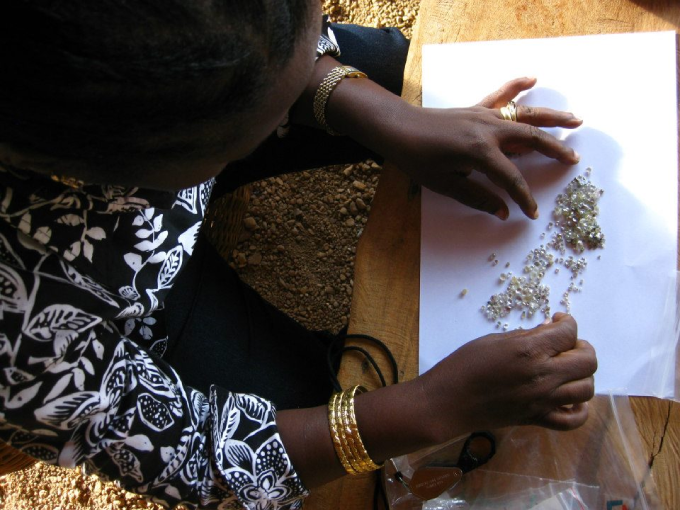
It said in a report that KP's definition of conflict diamonds was too narrow.
"[The definition used] only focuses on rough diamonds sold by rebel groups seeking to overthrow a legitimate government," the Human Rights Watch said.
"[It ignores] a wide range of human rights issues related to state actors or private security firms.
"Because of this glaring loophole, a diamond certified as compliant under the Kimberley Process may still be tainted by abuse. That has happened in the case of diamonds from Zimbabwe and Angola. These diamonds continue to be KP-certified and reach the global diamond market."
The Human Rights Watch also said that KP applies only to rough diamonds, allowing stones that are fully or partially cut and polished to fall outside the scope of the initiative.
It said efforts to expand the definition of conflict diamonds had been resisted by countries such as Angola and India.
"Despite much discussion over the need to reform the Kimberley Process, and a third periodic reform process starting in 2017, almost no progress has been made to change the definition to ensure diamonds are abuse-free," said the Human Rights Watch.
"…as a result of this and significant concerns with implementation and enforcement, the scheme appears increasingly dysfunctional and has lost credibility as a safeguard against the abusive mining of diamonds."
Mathew Nyaungwa, Editor in Chief of the African Bureau, Rough&Polished
